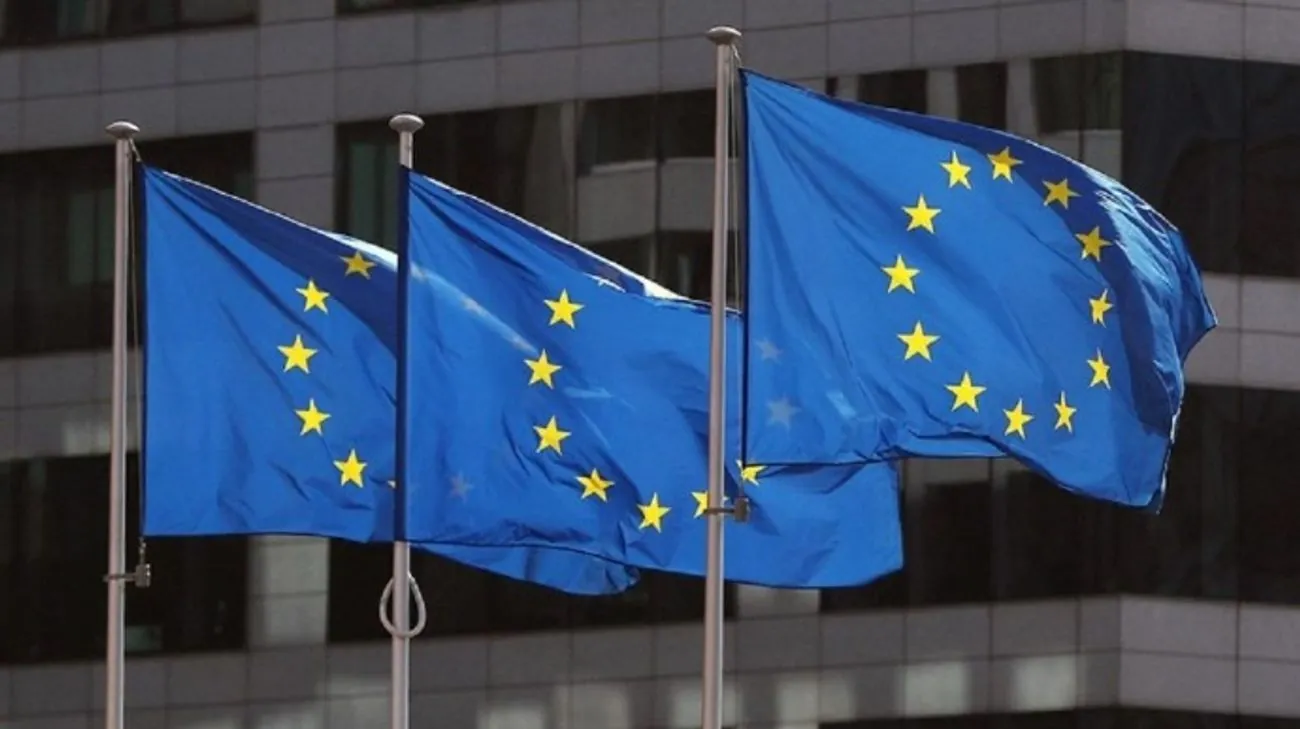““Something in between”: the EU spoke about new agricultural import quotas for UkraineThe EU and Ukraine are negotiating a new agreement on import quotas for agricultural products. The quotas will be set between
current levels and temporary exemptions granted after the Russian invasion.”, — write: unn.ua
Details”What will be negotiated will be something in between the quotas under the existing DCFTA and the autonomous trade measures, the volumes that have been exported there,” Hansen said in an interview with Reuters on Thursday.
DCFTA refers to the pre-war trade agreement between Ukraine and the EU. The EU’s Autonomous Trade Measures (ATM) have temporarily suspended quotas on Ukrainian imports since 2022.
Ukrainian Minister of Agriculture Vitaliy Koval told Reuters this week that Kyiv is pushing for an agreement on higher quotas than before the war.
Ukraine plans changes in agricultural exports due to the termination of free trade with the EU05.06.25, 18:22 • 2398 views
Hansen said that new sugar quotas will be “significantly higher” than those under pre-war agreements.
“I think we can absorb a certain amount of these products,” he said, noting the sensitivity around sugar, poultry and eggs.
Negotiations on a new agreement between the EU and Ukraine began on June 2. Hansen said an agreement could be reached by the summer.
“Now it depends on both sides, I think technically it could be feasible,” he said.
Difficult negotiations on trade quotas with the EU are ongoing – Shmyhal06.06.25, 12:25 • 1866 views
A senior Ukrainian lawmaker said last month that losing duty-free access to the EU market could cost the country 3.5 billion euros ($3.99 billion) in annual revenue.
“Our solidarity with Ukraine is as strong as ever, and that is why we are very committed to implementing this agreement as soon as possible,” Hansen said.
AdditionThe so-called Autonomous Trade Measures (ATMs), which abolished tariffs on Ukrainian goods, have been in effect since Russia’s full-scale invasion of Ukraine in 2022 to allow Ukraine to export its agricultural products by land.
But EU countries bordering Ukraine, including Poland, Hungary, Romania and Slovakia, complained that Ukrainian imports were undermining domestic prices and triggering unrest among farmers.
The European Commission has introduced an “emergency brake” limiting imports of food products such as eggs, poultry, sugar, oats, corn, cereals and honey, which can be activated as soon as import levels exceed a certain threshold.
The measures expired on June 5 and were not extended this time. The EU and Ukraine returned to the pre-war trade quota regime on Friday, June 6, while, as Reuters notes, “both sides are negotiating a new long-term agreement in which Brussels seeks to strike a balance between supporting Ukraine in its war with Russia and addressing European farmers’ concerns about cheaper Ukrainian imports.”
The pre-war quota regime, which comes into effect on Friday, also reportedly includes softer rules on import licenses for some goods, such as poultry and eggs, where quotas will be allocated on a “first come, first served” basis instead of requiring licenses.
